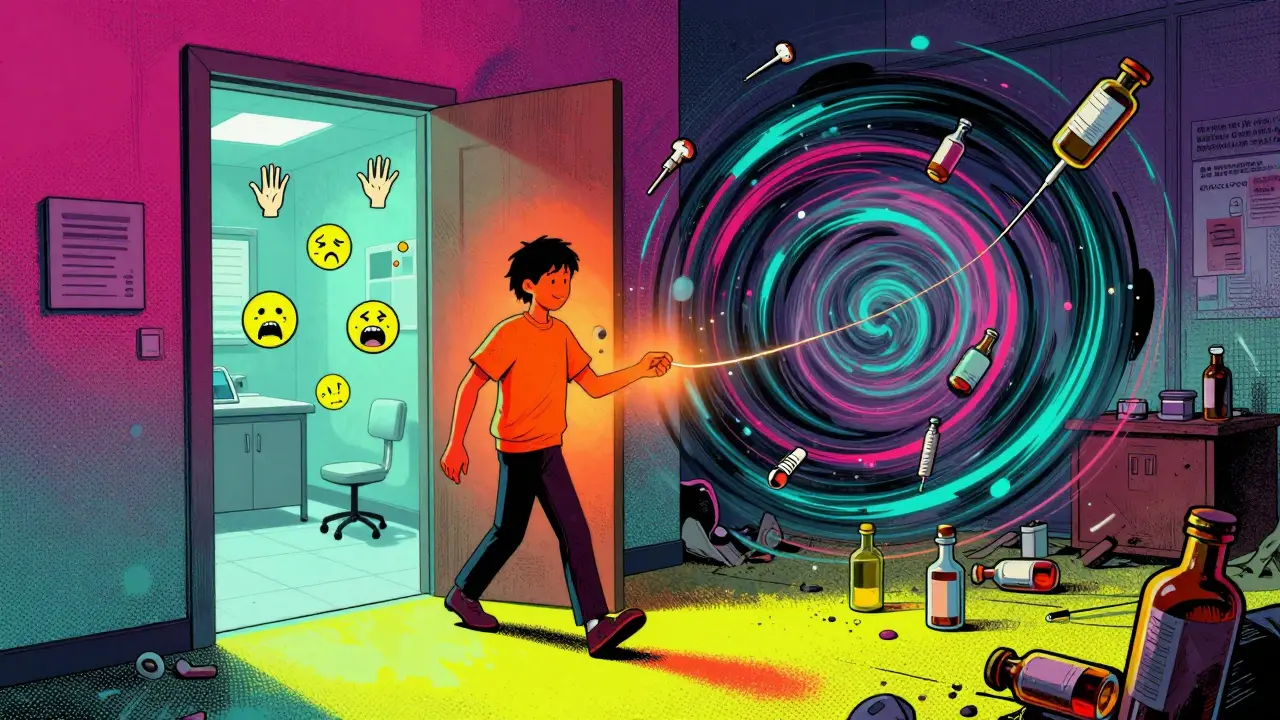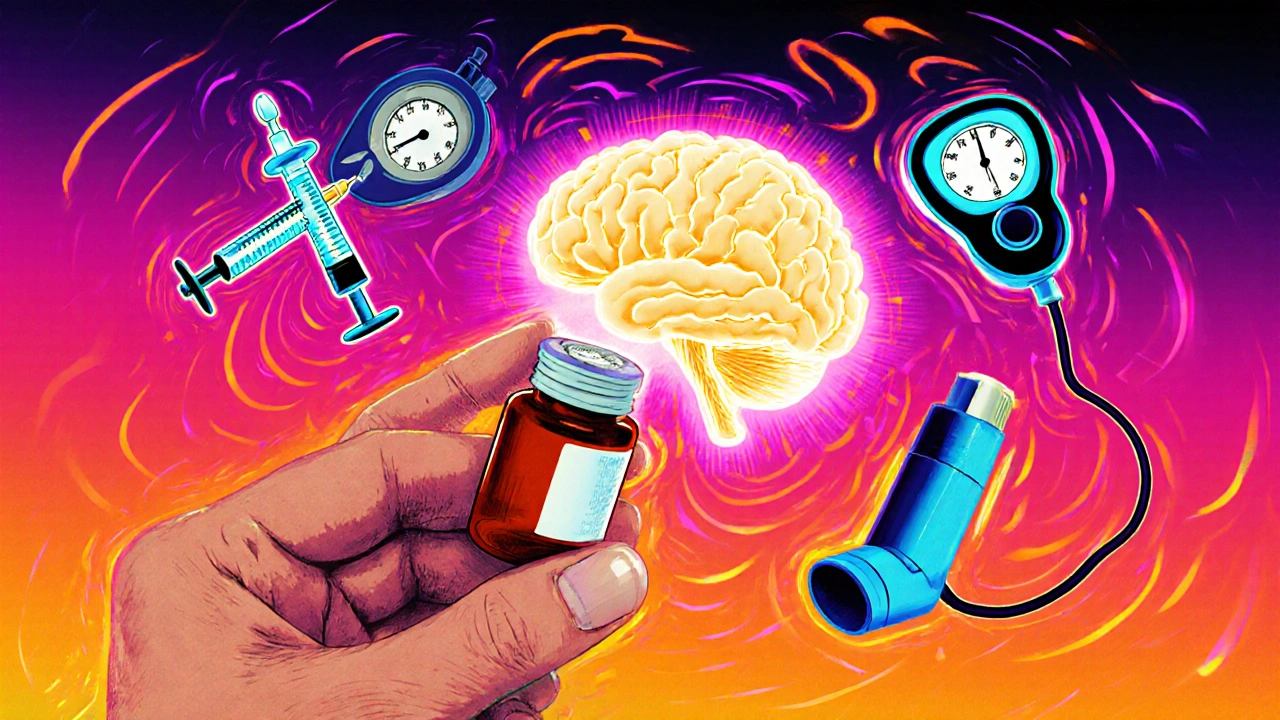Mental Health: Practical Guides on Medications, Therapy & Support
You don’t need medical jargon to get good help. This page brings together clear, practical pieces on common mental health concerns—how medications work, what to expect from treatment, everyday coping tips, and straightforward advice for families and caregivers.
Medications and what to expect
Medications can help symptoms, but they rarely fix everything on their own. A common choice for depression and anxiety is venlafaxine (sold as Effexor). Our featured article explains how it works, common side effects like nausea or sleep changes, and tips for managing them—such as taking it with food or adjusting the dose slowly with your doctor.
Expect a few weeks before you notice improvement. If side effects are severe or don’t improve, call your prescriber. Don’t stop suddenly; many antidepressants need a gradual taper to avoid withdrawal symptoms. Bring a list of your current meds to appointments—drug interactions matter.
Practical steps for day-to-day
Small routines help more than you might think. Try three simple habits: regular sleep, short daily walks, and a consistent meal schedule. These stabilize mood and make treatment work better. If worry spikes, use a 5-minute grounding exercise: name five things you see, four things you feel, three things you hear, two things you smell, one thing you taste.
Keep a symptoms log for two weeks before a doctor visit. Note mood changes, sleep length, appetite, and any side effects. Showing patterns helps your clinician pick the right next step. If therapy is an option, cognitive behavioral therapy (CBT) has strong evidence for anxiety and depression. Many people combine medication and therapy for better results.
Build a small support plan. Tell one trusted person what helps you when you’re struggling—specific actions like a short walk together, a phone check-in, or reminders for medication. If you care for someone with mental illness, set clear boundaries and emergency steps: who to call, when to seek urgent care, and how to help them keep appointments.
Watch for red flags. If someone talks about hopelessness, self-harm, or shows big changes in sleep or appetite, take it seriously and get urgent help. If you’re unsure, call your local crisis line or health provider and describe what’s happening.
Want deeper info? Read our Effexor guide for a focused look at venlafaxine—how it works, patient experiences, and practical tips for families. Browse other articles here for condition-specific advice and easy-to-follow checklists.
Every person responds differently. Use this page to learn, prepare questions for your clinician, and build small daily steps that make treatment work. Talk openly with your provider—clear communication speeds up finding the right plan for you.

Integrated Dual Diagnosis Care for Substance Use and Mental Illness

How to Address Stigma When Discussing Mental Health Medications

Rheumatoid Arthritis & Mental Health: How Inflammation Affects Mood
